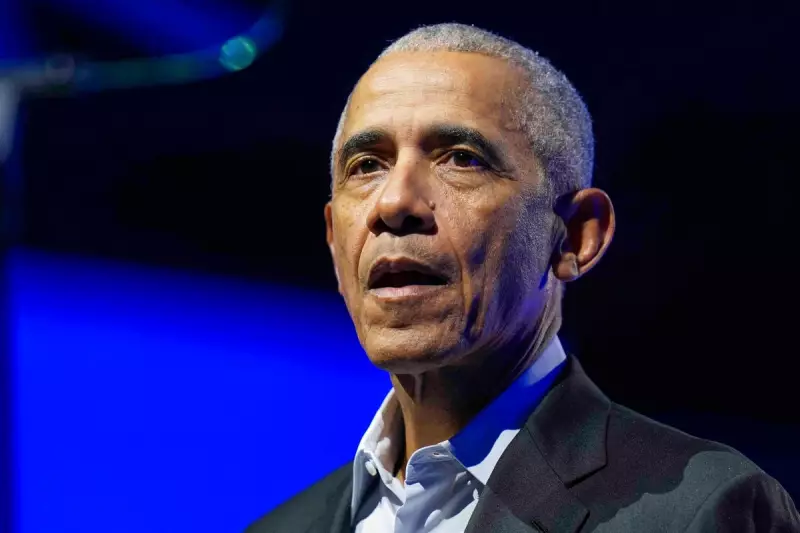
In a stunning intervention, former President Barack Obama has publicly condemned right-wing commentator Charlie Kirk for what he termed "dangerous and reckless" rhetoric suggesting the murder of Donald Trump.
The controversy erupted after Kirk, a prominent conservative voice and founder of Turning Point USA, made inflammatory remarks on his talk show. His comments, which alluded to the potential assassination of the former President, have sent shockwaves through the American political landscape.
A Presidential Rebuke
Mr Obama, known for his measured approach to post-presidential commentary, did not mince words in his response. He characterised Kirk's statements as crossing a fundamental line in political discourse, warning that such language could have grave real-world consequences.
"When public figures casually discuss violence against political opponents," the former President stated, "they undermine the very foundations of our democracy and put individuals at risk."
The Kirk Controversy
Charlie Kirk's original comments, which circulated rapidly across social media platforms, presented a hypothetical scenario involving Trump's potential murder. While Kirk later attempted to clarify his remarks as merely "theoretical," the damage to civil political discourse was already done.
Political analysts note that this incident reflects the increasingly volatile nature of American political rhetoric, where boundaries of acceptable discourse are constantly being tested.
Broader Implications
The incident has sparked a wider conversation about responsibility in political commentary. Many are asking where the line should be drawn between free speech and potentially dangerous incitement.
Security experts have expressed concern that such rhetoric could embolden unstable individuals, particularly given America's history of political violence and assassination attempts.
As the story continues to develop, it serves as a sobering reminder of the power of words in the political arena and the responsibility that comes with public platforms.






